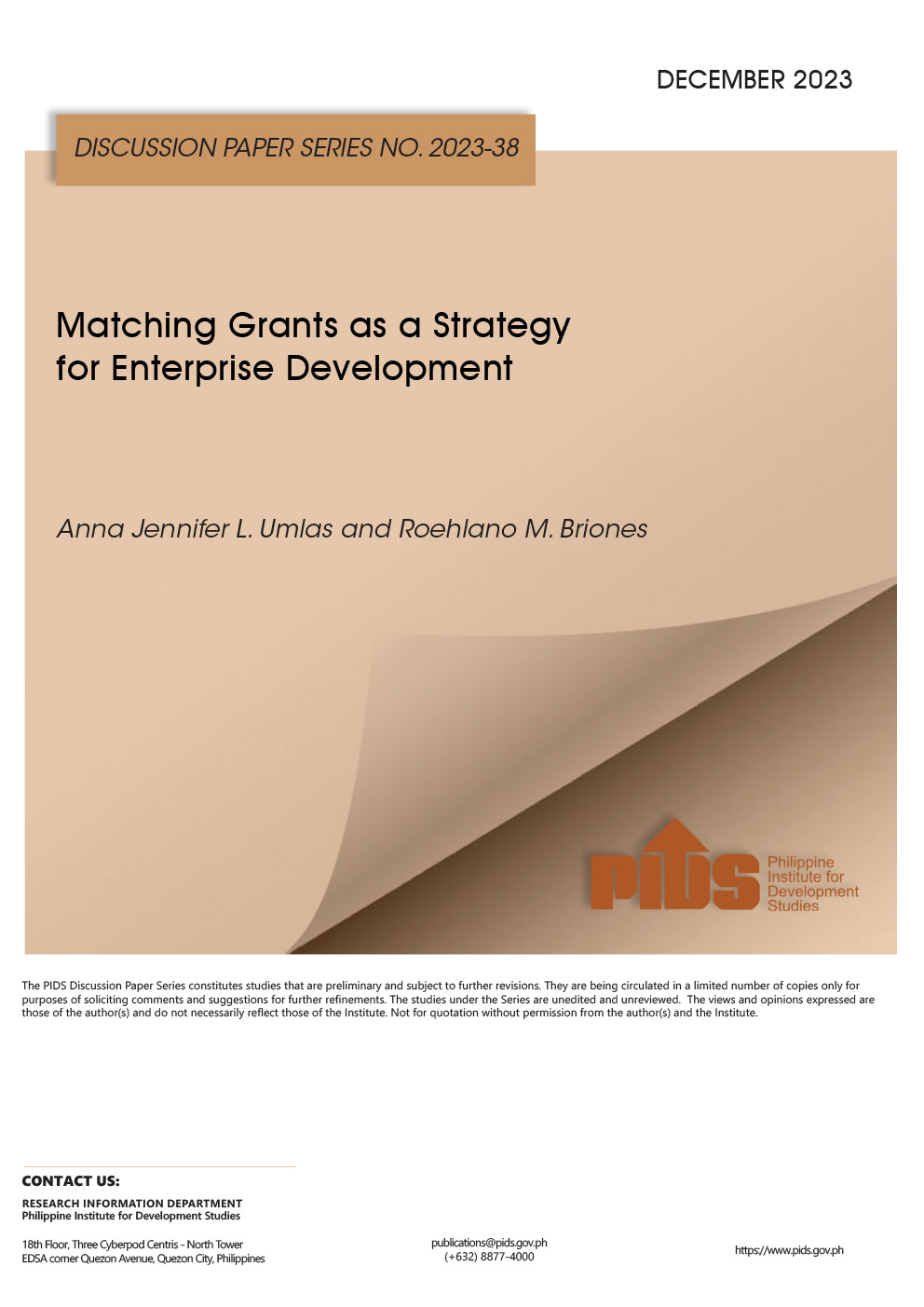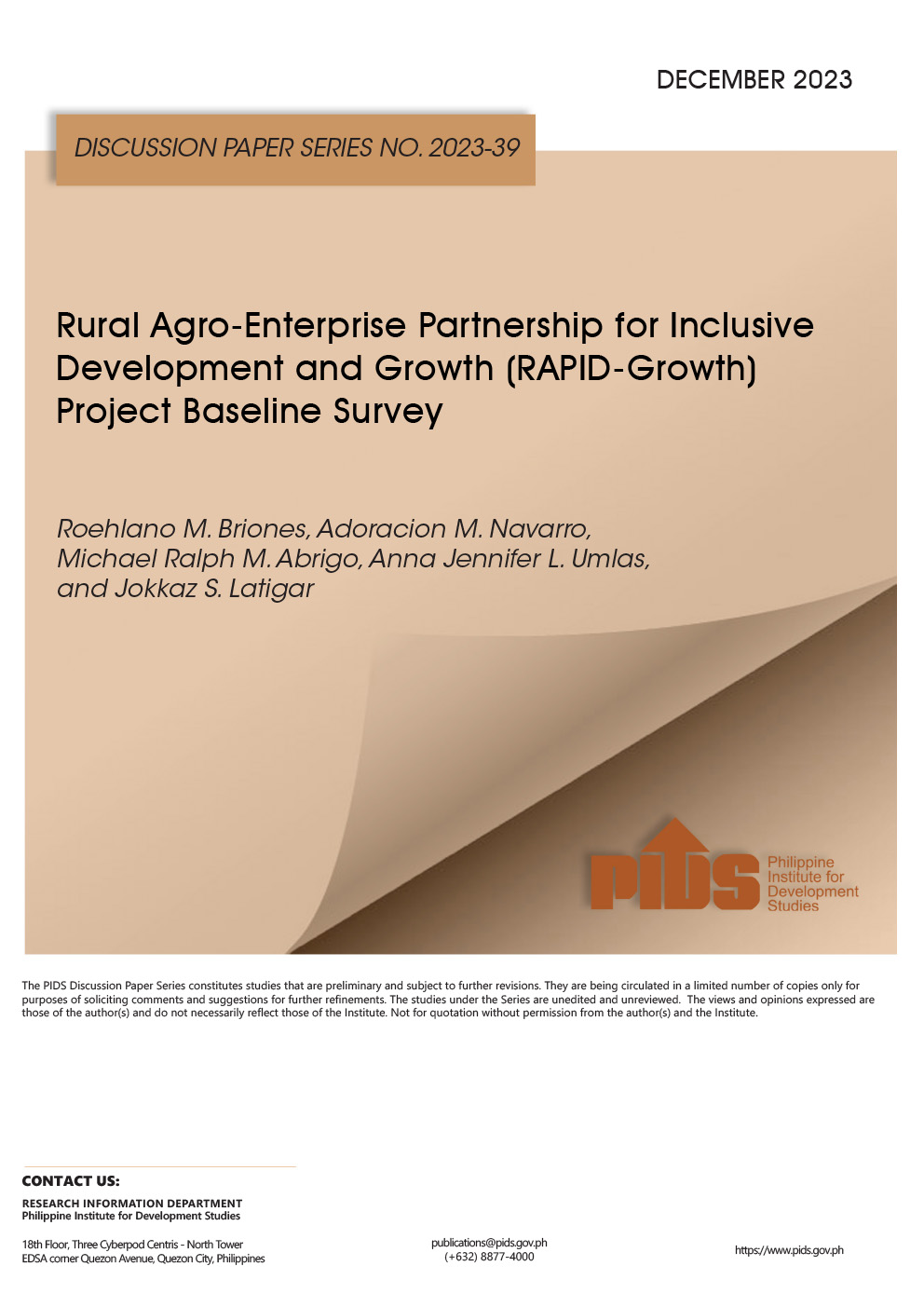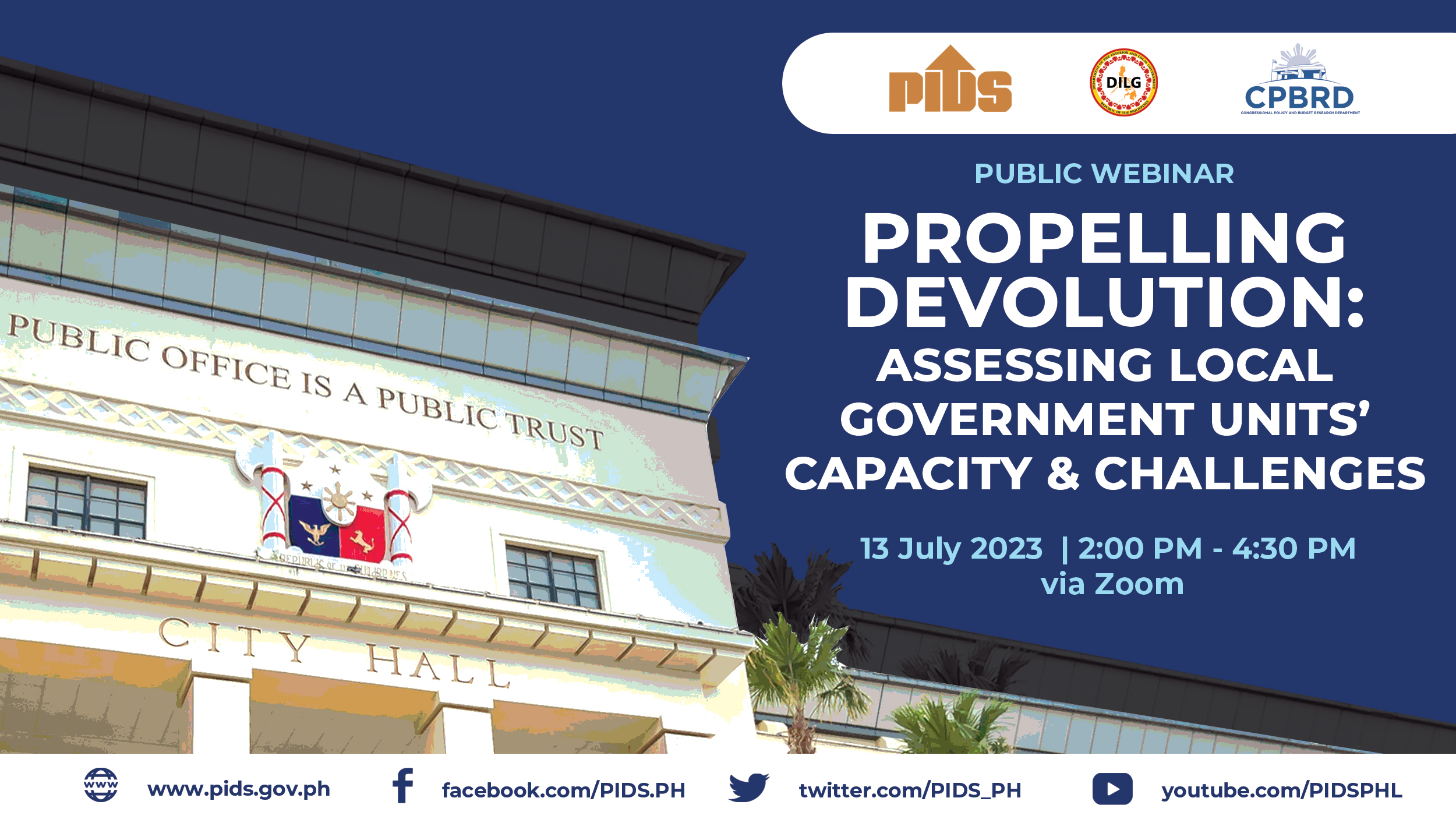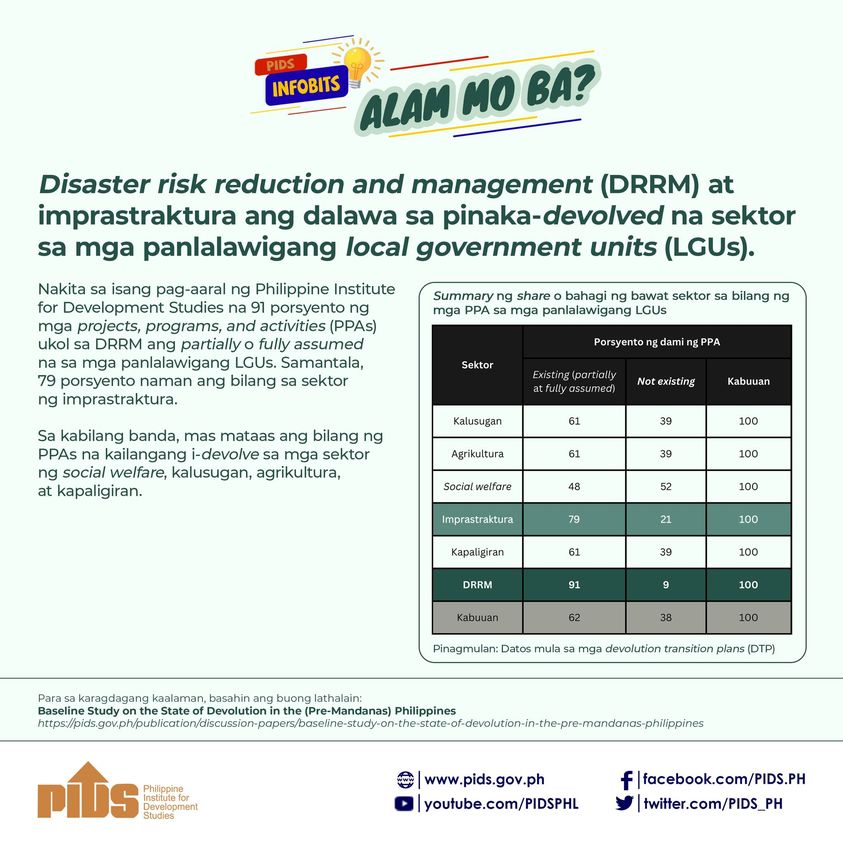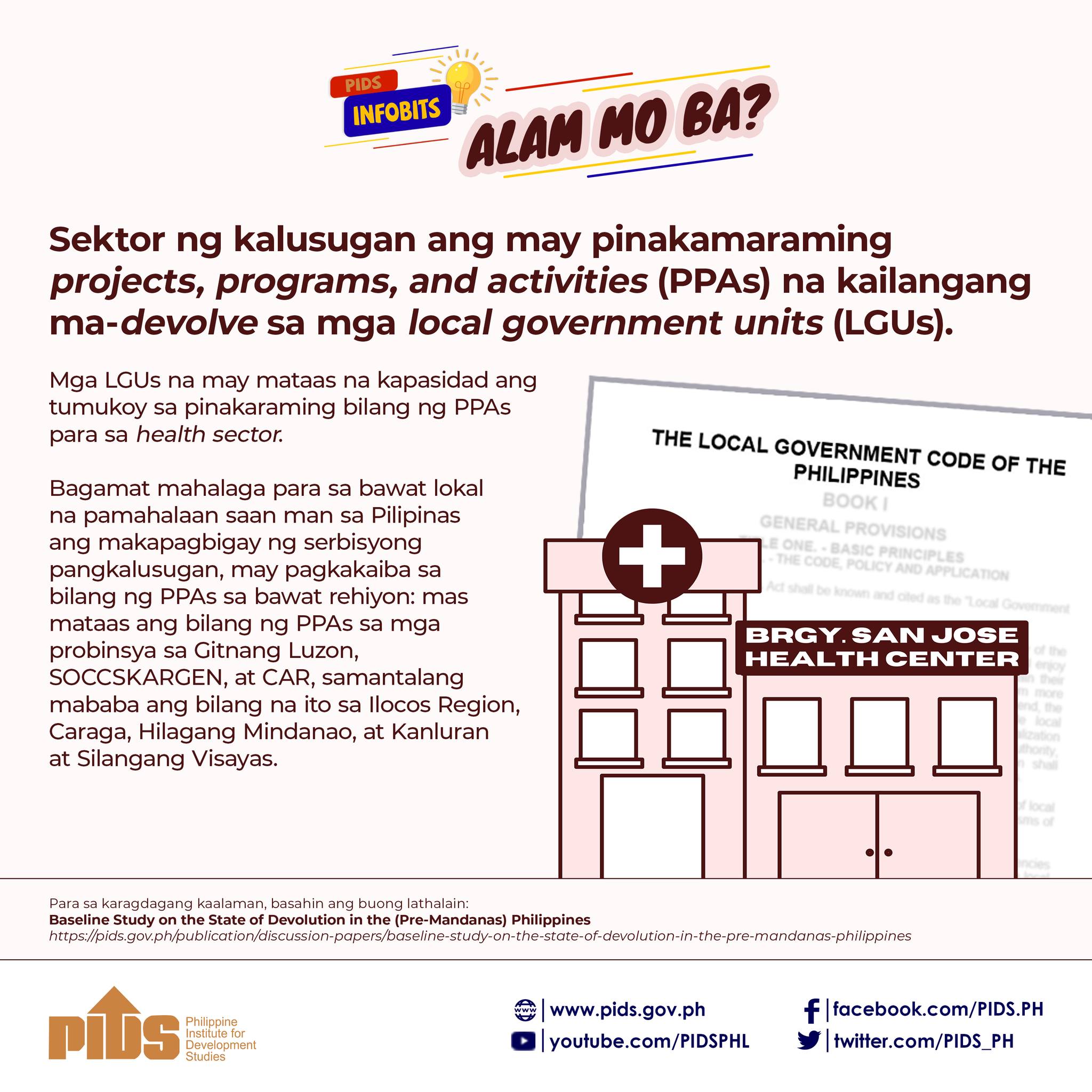THE government wants to pull down pork prices to below P300 per kilogram by expanding the allowed import volume at a lower tariff or by reducing the duties outright.
This comes as economists and industry players pointed out that a mere expansion of the minimum access volume (MAV) would not make an impact on skyrocketing pork prices due to minimal tariff difference.
Agriculture Secretary William D. Dar confirmed to the BusinessMirror that reducing pork tariffs for imports outside the MAV to 20 percent is now on the table.
Pork imports that enter within MAV, currently at 54,000 metric tons (MT), are levied with 30 percent tariff while imports beyond it are taxed with 40 percent.
“That’s the objective,” was Dar’s response via SMS to a BusinessMirror query on whether the goal of the government is to bring down pork prices below P300 per kg.
“We are studying muna [first],” he added, when pressed for comment on a proposal to lower pork tariffs to 20 percent or even zero to have imported pork have an impact on prevailing market prices.
Dar earlier disclosed that they are now “in the process” of tripling the pork MAV to 164,000 MT. (Related story: https://businessmirror.com.ph/2021/01/18/asf-prompts-phl-to-mull-over-hike-in-mav-allocation-for-pork/)
In a letter submitted to economic managers and Dar on Wednesday, the Meat Importers Association of the Philippines (Mita) argued that expanding the MAV alone would not make a significant impact on pork prices.
Mita President Jesus C. Cham said the tariff on pork imports should be reduced to 10 percent for in-quota imports and to 20 percent for out-quota imports in order to bring down pork prices below P300 per kilogram.
“The reduction of pork duty by a nominal 10 percent will translate into a reduction in landed cost by P15 per kg at current CIF and Forex rates, which savings can be easily passed on the consumers,” he said in the letter obtained by the BusinessMirror.
“SRP for pork liempo, kasim and pigue below P300 per kg becomes attainable!” he added.
PIDS experts: Zero tariff
Roehlano M. Briones, senior research fellow at state-owned Philippine Institute for Development Studies (PIDS), said it would be better if the government pursues zero tariff on pork imports to arrest rising pork prices.
“Why don’t we go all the way? Do an emergency exemption from tariff. Make it zero, that would be faster,” he told the BusinessMirror.
“It will command and press tension on market prices. A 10-percent tariff difference between in-quota and out-quota imports is not significant—it will not make a dent,” he added. “Just let the people import as much as they want and just impose SPS measures.”
The country’s annual pork imports usually exceeds the MAV volume. Last year, pork imports reached 256,017 MT, which was 23.75 percent lower than the 335,786 MT recorded volume in 2019, Bureau of Animal Industry data showed.
Philippine Chamber of Agriculture and Food Inc. President Danilo V. Fausto also admitted that expanding the MAV won’t make any price difference.
However, Fausto thumbed down reducing the tariffs on pork imports further as it could hurt hog growers.
Instead, he proposed that the government loosen the requirements in the issuance of sanitary and phytosanitary import clearance (SPS-IC) for pork imports.
“Tariffs are not the issue here. It’s the supply. Issue more SPS-ICs so that importers could import more volume,” he told the BusinessMirror.
Fausto said timing of the proposed importation measures is critical. He pointed out that the arrival of the imports should not coincide with the domestic harvest of hogs so as not to hurt farmers.
“At the end of the day, these are all reactive measures. The government should have been proactive in addressing the ASF situation,” he said.
“The government lacked foresight. They should have done this last year. Failure to plan is planning for failure,” he added.
Meeting with DTI
Economist Pablito M. Villegas said the DA should convene an emergency meeting with the Department of Trade and Industry (DTI) to map the course of actions to address the situation.
Villegas stressed that the lack of a sound and reliable data system hinders the government from coming up with a prudent measure to address the ASF crisis and its consequences.
He said the government should come up with the correct import volume and tariff rate that would force pork prices to decline.
“The DA cannot make an informed decision because it does not have a sound database and analytical capacity. The problem is methodological,” he told the BusinessMirror.
“And yet, the DA is bearing the brunt of making decisions on trade when they do not have the competence. They are getting data from the air,” he added.

